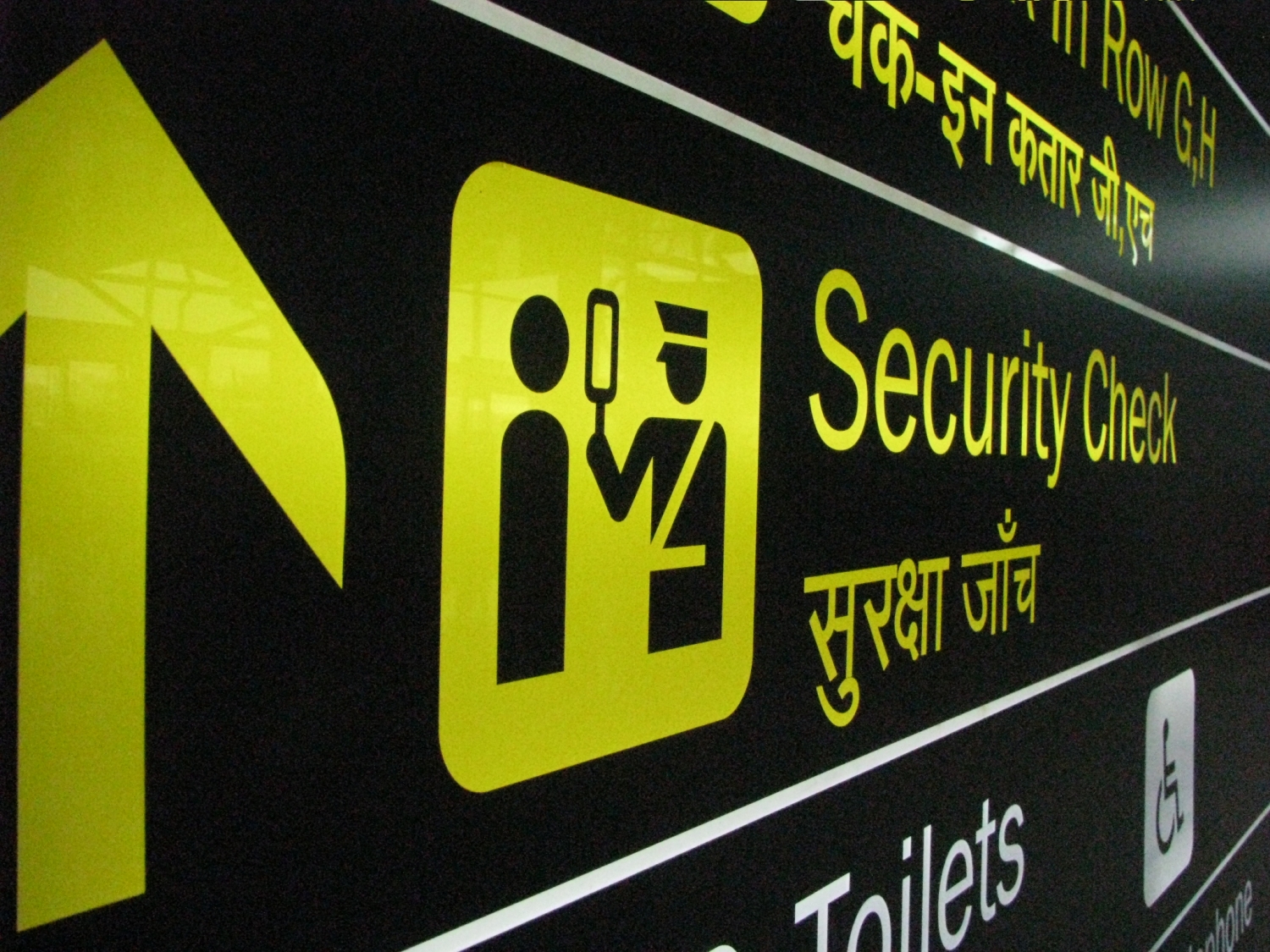Dear V,
I’m a
security guard in a hotel and I was chided for not being able to discover that
one of the persons that I inspected had a *thing* within his luggage. I’m well
aware of my job and the responsibilities that comes with it but for some
unknown reason even though that *thing* was pretty salient, I failed to notice
it. This is not the first time this has happened, the first time cost me my job
in an airport. I’m certain that I’m not neglectful but it has always bothered
me why I tend to miss these crucial things.
- Flavier
Yow Flavier!
I’m
going to suspend judgment regarding any personal factors that might have
interfered with your job when that event occurred (although I’m not saying
there is one but I’m going with this assumption for now)
The
tasks in your jobs (both current one and previous one) are basically visual
search tasks wherein you look for designated target in a field containing some
distracting items. In your case, you’re looking for anything that might be
considered prohibited or dangerous within a field which is in this case the
luggage that contains other items that might distract you. The targets are very
rare in a variety of socially important searches such as airport security and
these means that these searches are characterized by low target prevalence.
(Rubenstein, 2001) Low prevalence reduces the probability of detecting targets
(Wolfe, Horowitz, & Kenner, 2005). Another study by Wolfe et al. (2013),
demonstrated that this “prevalence effect” is present in newly trained
transportation security officers (TSOs).
Let’s
expand on this further. I’m not exactly sure what that *thing* is but as far as
I can tell from what you wrote, it’s a rare item. The thing is though, the
rarer an item is, the less likely it is to be spot – that is, if fewer people
come through with a guns or any other material that is considered prohibited
(like the *thing*), it will be harder for you to spot tem when they actually
turn up. A study has demonstrated this phenomenon called “ultra-rare item
effect” which suggests that “visual search for exceedingly rare items is highly
susceptible to error” (Mitroff & Biggs,2013). In the study, out of the 78
illegal items that were supposed to look out for, 30 were ultra-rare, appearing
less than 0.15% of the time. Players correctly spotted these ultra-rare targets
only 27% of the time while targets that appear more than 1% of the time were
spotted 92% of the time. This just shows that searchers tend to de-prioritize
those that very rarely appeared by adjusting their search focus.
Hopefully
that lessens your burden a bit; it’s not only you that experiences such
phenomenon. However, I hope that you’d be more mindful of the rare items now
that you've experienced it twice.
Senserely yours,
V
References:
Mitroff, S. R., & Biggs, A. T. (2014). The
ultra-rare-item effect visual search for exceedingly rare items is highly
susceptible to error. Psychological Scienc, 25(1), 284-289. doi: doi:
10.1177/0956797613504221
Rubenstein, J.(2001). Test and evaluation plan: X-ray image
screener selection test (no. dot/faa/ar-01/47). ). Washington, DC: Office of Aviation
Research. Retrieved from Office of Aviation Research. website: http://www.tc.faa.gov/its/worldpac/techrpt/ar01-47.pdf
Wolfe, J. M., Horowitz, T. S., & Kenner, N. M. (2005).
Rare items often missed in visual searches. . Nature, (435.), 439 – 440.
Retrieved from http://search.bwh.harvard.edu/new/pubs/Nature_suppl.pdf
Wolfe, J. M., Horowitz, T. S., Van Wert, M. J., Kenner, N.
M., Place, S. S., & Kibbi, N. (2007). Low target prevalence is a stubborn
source of errors in visual search tasks. Journal of Experimental Psychology:
General, 136(4), 623– 638. doi: DOI: 10.1037/0096-3445.136.4.623
Wolfe, J. M., Brunelli, D. N., Rubenstein, J., &
Horowitz, T. S. (2013). Prevalence effects in newly trained airport checkpoint
screeners: Trained observers miss rare targets, too. Journal of Vision, 13(3),
33. doi: doi: 10.1167/13.3.33
Photo Credit:
http://hill-kleerup.org/blog/wp/wp-content/uploads/2012/09/India-airport-security.jpg

No comments:
Post a Comment